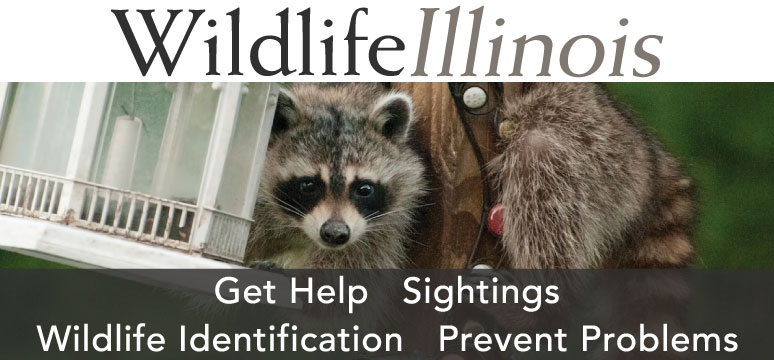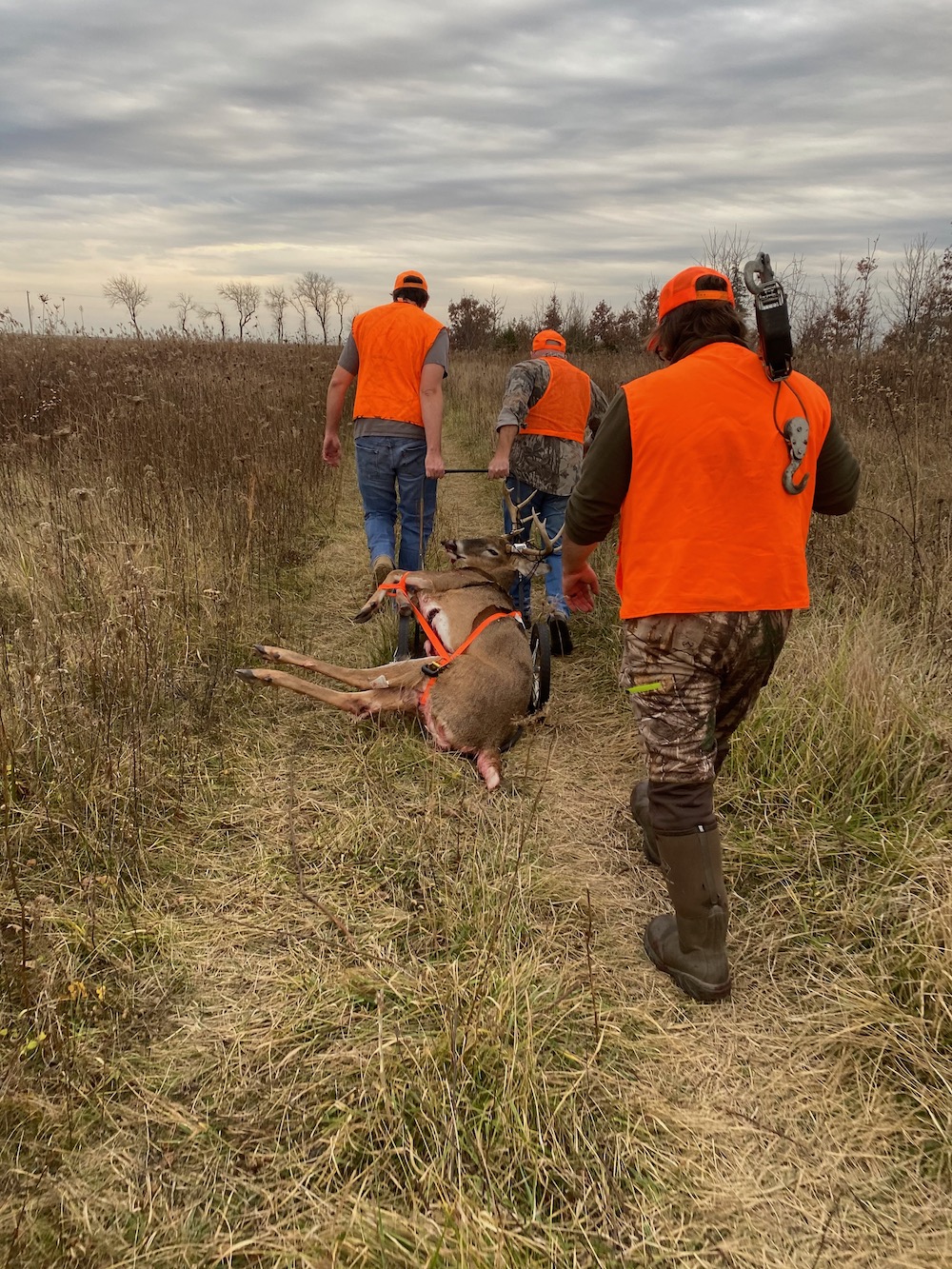
All photos courtesy of the author.


All photos courtesy of the author.
As society continues to progress and the reliance of self-procurement of food dwindles, why do people still hunt? The biological, economic and social contributions of hunting are well-documented but intrapersonal motivations are often not explored. For me, hunting is about slowing down and spending time in nature while exploring the natural world and all that it has to offer. As the burdens of modern society require more of our attention and require many of us to be stuck in urban settings for large portions of our lives, it has never been more important to spend time outdoors. Hunting provides the perfect gateway to the outdoors for my lifestyle.

We at the Illinois Learn to Hunt program have seen this firsthand as more and more urbanites are looking to take their first step to becoming a hunter. Last year, the Illinois Learn to Hunt program conducted a survey of program participants to assess what they identify as a motivation to begin hunting. For many participants it was simple: spending time in nature. Many of these individuals live in suburban or urban settings and are simply longing for a new activity that allows them to spend times outdoors.
The desire to harvest your own food was the next most common motivation described by new hunters. While there are many nuances to this motivation (e.g., healthier meat, sustainably sourced), there was a common theme that became evident throughout various focus groups. That theme was nicely summarized by one participant: “For me, it’s less about the environmental impacts and sustainable harvest but it’s establishing that connection to my food and becoming a part of the process.” This thought process has become increasingly more common in recent years as humans have become completely dependent on food systems void of their control. Isolation from local food systems is a relatively new phenomena with much of human’s life-history and early social gatherings revolving around building a community through food procurement and dining.

One motivation we expected to be more common was spending times with friends and family. In a similar survey, existing Illinois hunters cite spending times with friends and family as their most common motivation for hunting. We believe this dichotomy arises from the fact that many new hunters do not have anyone in their inner circle who hunts and that many new hunters often are completing this journey alone. Existing hunters have established and fostered a local community through the comradery of hunting. Some of my fondest memories of hunting are not about the harvest, but the time spent with people I cherish in my life.
While motivations are often personal and more nuanced than I’m giving credit for, I think it is important as a conservation and hunting community to focus on the additional intrapersonal benefits that hunting provides. Much of the hunting industry and culture focuses so heavily on the harvest of trophy-quality animals as the reason to hunt, but that is such a relatively small aspect of many hunter’s viewpoints. Highlighting these personal and intrinsic values can help foster community, increase public support of hunting, and potentially bring new people to a lifestyle that will surely change their worldview.
Dan Stephens is a Hunter Recruitment Specialist with the Illinois Natural History Survey. The Illinois Learn to Hunt program is a statewide program designed to teach adults (18+) why, where and how to hunt a variety of species in Illinois. Visit Illinois Learn to Hunt for more information or to sign-up for an event near you.
Submit a question for the author